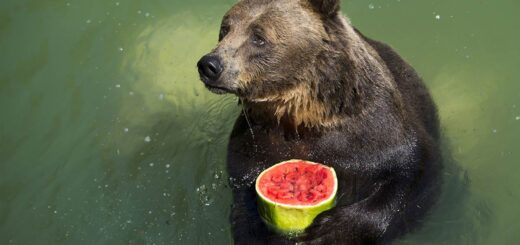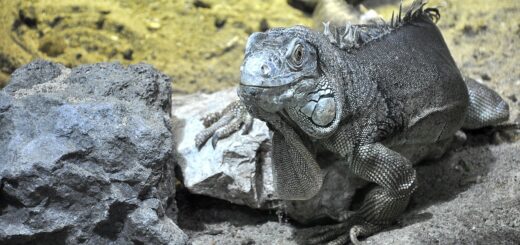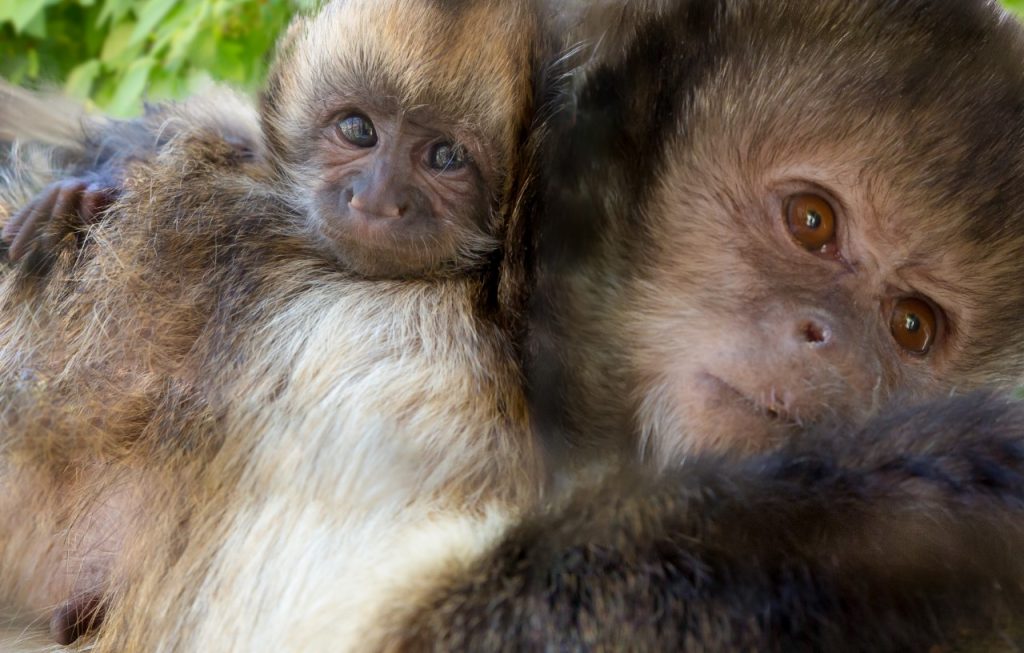Current status of zoological nutrition in Chile
Citation
Mancifesta Resa AE, Duarte A, Pascual PV, and Parsons JL. 2019. Current status of zoological nutrition in Chile. In Brooks M, Freel T, Koutsos E Eds. Proceedings of the Thirteenth Conference on Zoo and Wildlife Nutrition, Zoo and Wildlife Nutrition Foundation and AZA Nutrition Advisory Group, Saint Louis, MO.
Abstract
Nutrition in zoos is a fundamental pillar of animal welfare, influencing numerous aspects of animal health, behavior, and reproduction. The first zoo to establish a dedicated position overseeing animal nutrition was the Smithsonian National Zoo in 1978. However, despite the value of a professional expert in nutrition who can direct the complexities of diet formulation, feedstuff procurement, clinical nutrition management, and research (among other functions), most zoos accredited by AZA have not yet established full-time nutritionist positions. In Chile, two of the three zoological members of ALPZA (Latin American Association of Zoological and Aquatic Parks), have a veterinarian in charge of formulating and examining the diets of animals in the collection. We evaluated the current status of animal zoological nutrition in Chile, considering the evolution of this area from the 19th century to the present, identifying technological process, scientific knowledge, and evolving tools throughout time. We conducted semi-structured surveys among the thirteen major zoos in Chile and we found significant variation in types of nutrition programs, the use of fortified or complete feeds in diet formulation, the presence of a dedicated staff member in charge of animal nutrition, and the properties of raw materials chosen for diet formulation, among other differences. Animal nutrition in Chilean zoos has advanced a good deal, with some zoos in particular leading the way with best practices and scientific diet formulation. For other zoos which lack the current resources to establish formal programs, there is at least a great deal of awareness of the importance of nutritional standards for animal health and welfare. As is true for zoo nutrition worldwide, this remains a developing field of study in Chile, but there is great potential for continued improvement.
 37_Mancifesta.pdf 13 KB
37_Mancifesta.pdf 13 KB








